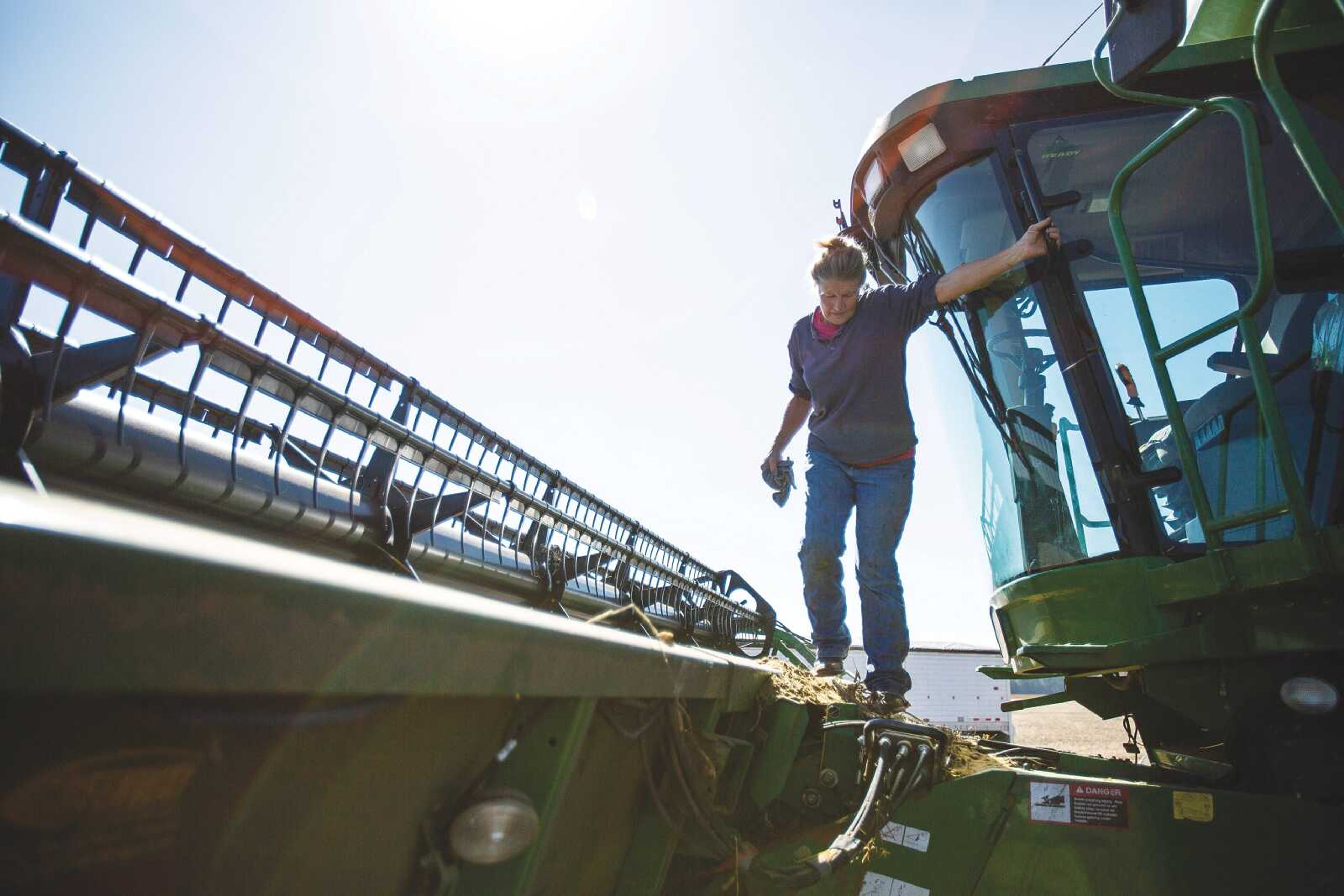Farmers keep family traditions alive through several generations
Even before he could drive a tractor, Scott Jahn knew he wanted to be a farmer. Jahn, 32, runs a 1,300 row crop farm in Jackson that has passed through his family — farmers for six straight generations — for three generations at the same location.
Even before he could drive a tractor, Scott Jahn knew he wanted to be a farmer.
Jahn, 32, runs a 1,300 row crop farm in Jackson that has passed through his family — farmers for six straight generations — for three generations at the same location.
For many generational farmers like Jahn across Cape Girardeau County, farming is more than business. It’s a way of life.
“It’s kind of an addiction,” Jahn said. “It’s in your blood, and you have to love it to be able to do it.”
The same passion drives Mildred and Joe Kirchdoefer. The couple runs a dairy farm in Cape Girardeau with the help of their two sons, Carl and Eddie.
There’s rarely been a day when Mildred, 80, and Joe, 86, have skipped a day of work. Since he was 14, Joe showed jersey cattle at the SEMO District Fair. This year he was back, ready, after fair organizers canceled the event last year due to COVID-19 concerns.
“It’s a lot of work that we enjoy,” Mildred said. “We’re proud of our calves and we’re proud we could stay here for this many years.”
Joe’s grandfather, also named Joe Kirchdoefer, purchased the family’s farm in 1896. It’s since passed down from generation to generation, surviving whatever changes time brings its way.
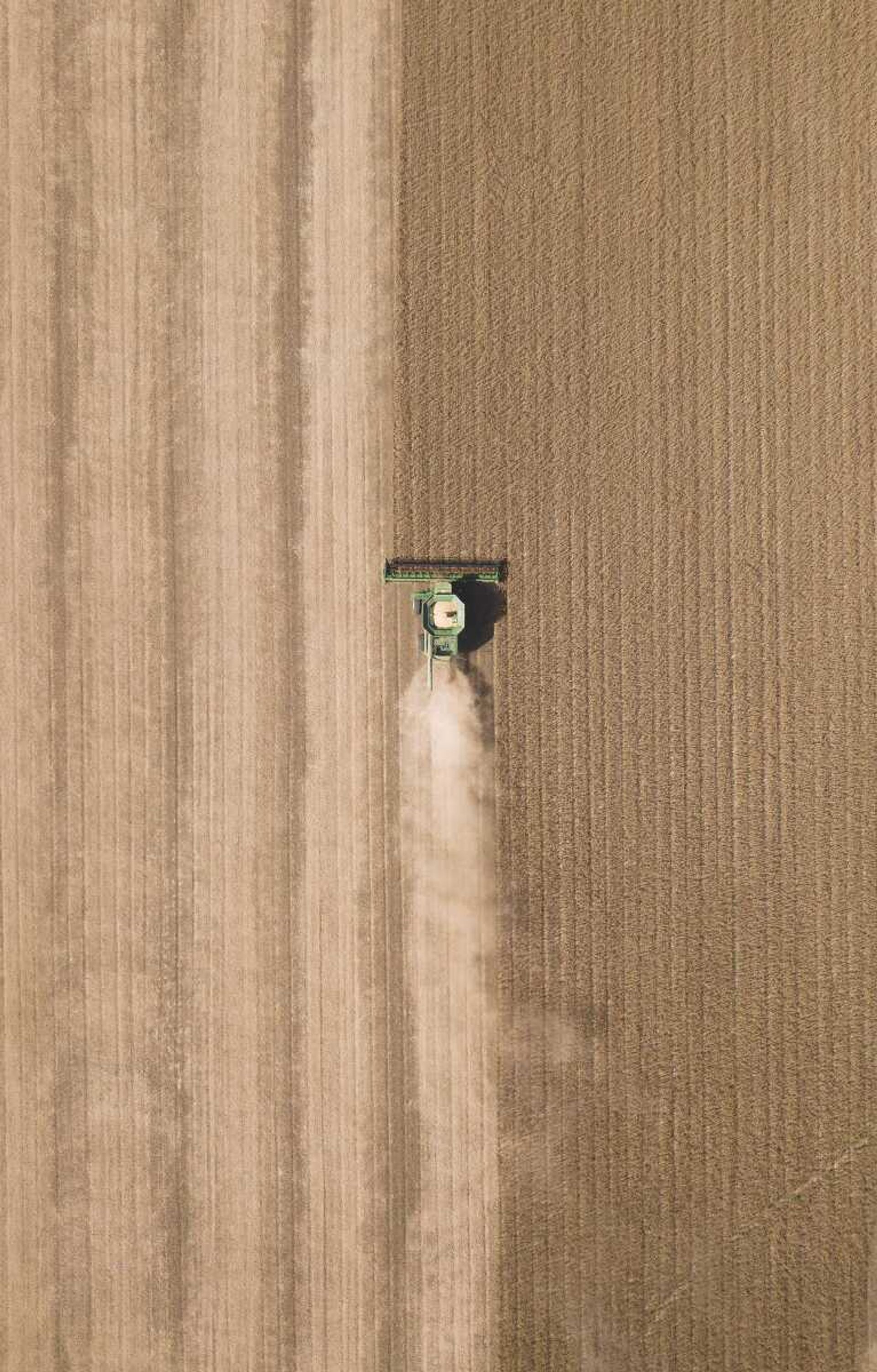
Through good and bad times
It’s 1999. Scott is 10 years old, and he was working on the farm after school like he always did when he heard his grandmother scream.
He remembers immediately running toward the sound. He ran about 50 feet where he found his father on the ground with his head separated from his body.
Scott’s grandmother accidentally hit the wrong lever on the farm’s excavator, and a dirt pan fell on Scott’s father, Scott said.
The family finished the season, but after the tragedy, the farm wasn’t as active as it once was, Scott said. His mother sold most of the farm’s equipment, but the farm’s hog operation remained. Scott later bought new equipment for the farm after he graduated from high school in 2007.
“My mom always pressed me to go be a lawyer or do something that made a decent living,” Scott said. “But it was never a question for me that I was going to farm again.”
Josh Walther harbors a similar passion. Walther, along with his father, wife and mother, run a farm in Jackson that his grandparents bought shortly after World War II. His grandparents crop-farmed and raised dairy and beef cows.
Today, the farm is primarily a dairy farm, though the family also grows corn, soybeans and wheat.
Josh recalls learning how to milk cows from his grandmother and spending time with her in the family’s milk barn before he was tall enough to put milkers on a cow.
“Ever since I can remember, I’ve been out here on the farm,” Josh said.
Josh lives on the farm with his 2-year-old daughter, Claire, and his wife, Tricia, a granddaughter of the Kirchdoefer’s.
Mildred Kirchdoefer said she and Joe wanted to raise all four of their children on the farm, so they did. All went to college and stayed in Southeast Missouri.
Their sons, Eddie and Carl, help on the farm. One daughter, Glenda Hampton, is a teacher in Sikeston. Their second daughter, Julie Eftink, works in administration at SoutheastHEALTH.
Joe and Mildred both emphasized the importance of family.
“I followed my dad’s footsteps for as long as he lived,” Joe said. “I tried to [raise] my boys the same way.”
Through the decades, despite drastic changes to the land surrounding it, Mildred said the family’s dairy farm has remained relatively unchanged.
They never sold any part of the farm. The only changes made to the land were due to the construction of I-55 and Route K.
Mildred and Joe had just married at the time of I-55’s construction. She remembers watching crews pour cement onto the land her husband’s family took care of for decades.
“It was devastating, having a highway built through our farm and having no voice in it,” Mildred said. “But we survived through it, and we did OK.”
The Kirchdoefer’s dairy farm survived several other developments through the years, including the construction of a Wal-Mart Supercenter down the street and the bustling shopping center surrounding it.
“We enjoy milking cows, and we do our own thing,” Mildred said. “They [the businesses] respect us and we respect them.”
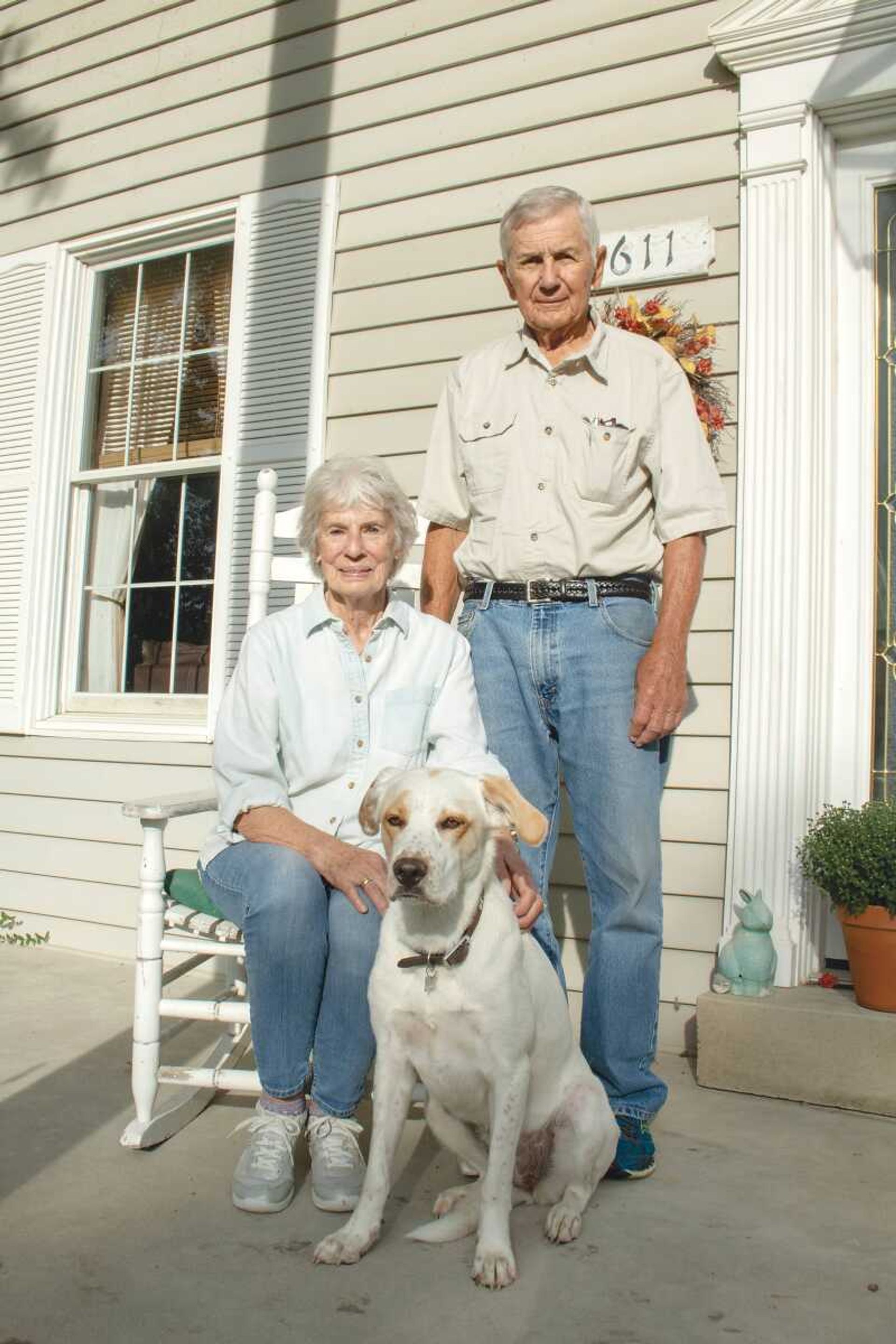
Connecting with the past
In October of 1803, 18 years before Missouri became a state and three years before Cape Girardeau was platted, John Miller received a Spanish land grant from Louis Lorimier to start a 1,000–acre farm.
More than 200 years later, the farm still belongs to the Millers.
Rodney Miller, John Miller’s great-great-great-great grandson, bought the farm in 1974. Both his grandparents died, and his father, aunt and uncle wanted to sell the land.
For Rodney and his wife, Janet Miller, letting the farm slip through the family’s fingers for the first time in nearly 200 years was out of the question.
“He was coaching football at the time, but he said, ‘I’m not gonna let that farm out of the family,” Janet said. They bought the 420-acre farm in 1974 for $400 an acre.
“We stepped up, and it was pretty tough there for a while,” Janet said. “We were raising two kids and paid the full price they asked.”
To keep up with the payments, Rodney switched jobs. He ran for county clerk of Cape Girardeau and won. He kept the position for 28 years.
Living on the family’s land is like living in history, Rodney said.
The Miller’s farm is one of 30 farms in Missouri that have remained in the same family for 200 years or more. The house the Millers live in and a barn on the property was built in 1874.
The Millers’ first known history in America is believed to have begun in North Carolina, Rodney said. John Miller and his wife, Martha Clay, settled near the Whitewater River in October of 1803 in what was then a frontier wilderness.
John and Martha had 12 children. One son, Nicholas Miller, moved near Bloomfield in about 1825 and became a pioneer of Stoddard County.
Millersville, Missouri received its name from John Miller’s grandson, John J. Miller, who platted the town in 1860.
Rodney remembers fondly the history he’s been able to experience first-hand on his family’s farm.
“My earliest memory here was going to feed the chickens with my grandmother,” Rodney said. “I’d stick my hand under the chickens to get eggs and they’d peck me.”
Rodney still does some farming, but never made it his main source of income.
Two of his cousins rent property on the farm. Blaine Miller rents crop land, and Jim Wallace rents pasture land.
The farm remains a place where the Millers come together on holidays, Janet said. Some day one of their sons may take ownership of the farm.
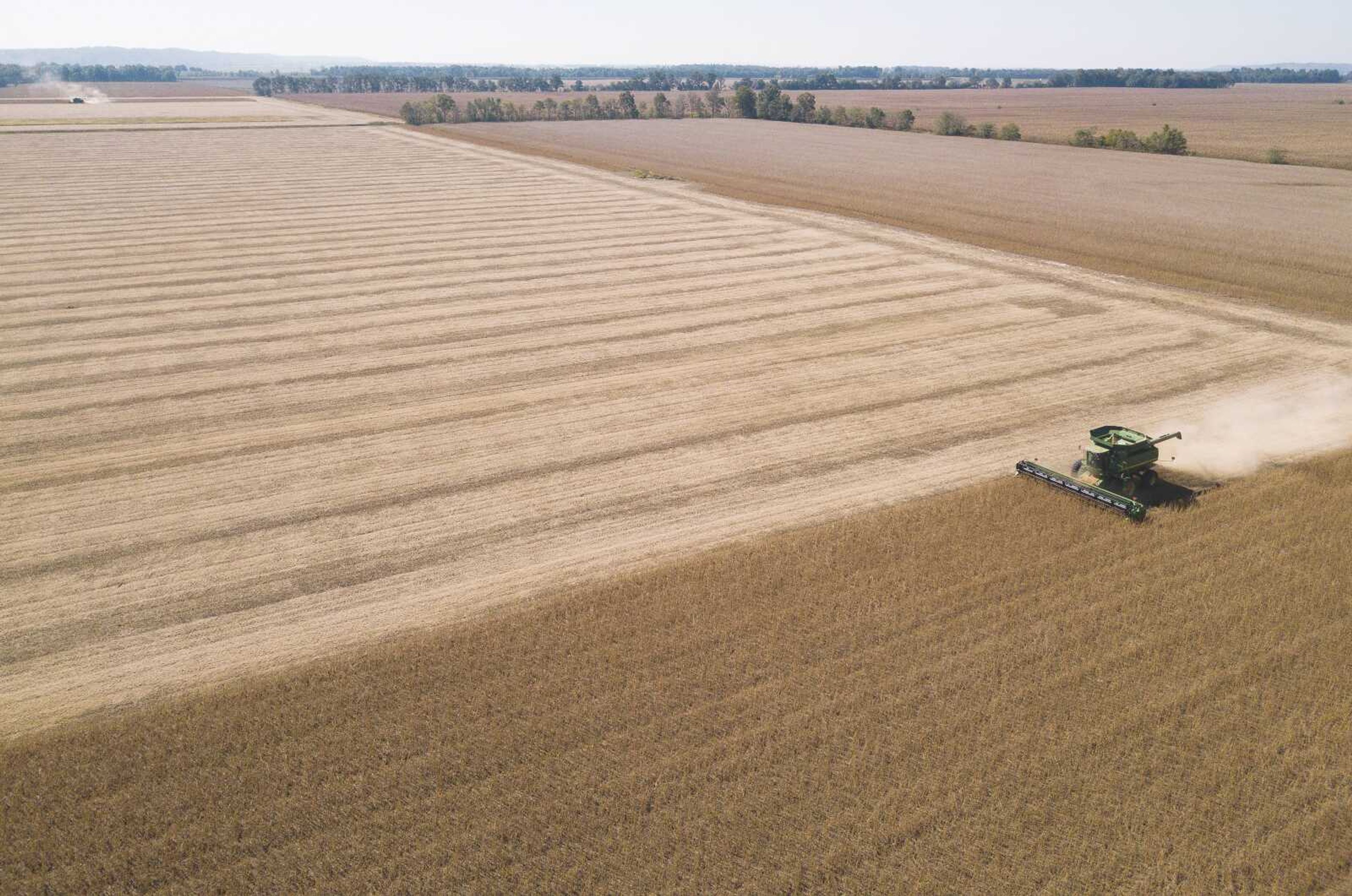
Keeping the tradition
Josh Walther has come a long way since he was too little to milk a cow.
He works on his family’s farm everyday and rarely takes a day off — except for his and his wife’s honeymoon to Gulf Shores, he said. But even then, he started to miss work after a couple of days.
“For me, dairy farming is a very rewarding life,” Josh said. “For the most part, I never dread going outside and doing my work.”
Now, it’s his 2-year-old daughter Claire’s turn to watch and learn the business. Josh said he hopes someday his kids may take over the farm.
“I’ve always wanted to continue to keep the farm going and keep it in the family,” Josh said. “It’s just something you take pride in. You want to see it continue to strive and get better.”
Scott Jahn said he’d like to one day pass his family’s farm onto his kids.
“A lot of time and energy and passion has been invested in this farm,” Jahn said. “It took several generations to build up, and I’d really hate to see it just go away in the matter of one sale or auction.”
For now, he said he takes his children on tractor rides with him at least once a week — the same way his parents did when he was little — hoping they find the same passion he and his ancestors found for farming for the last several generations.
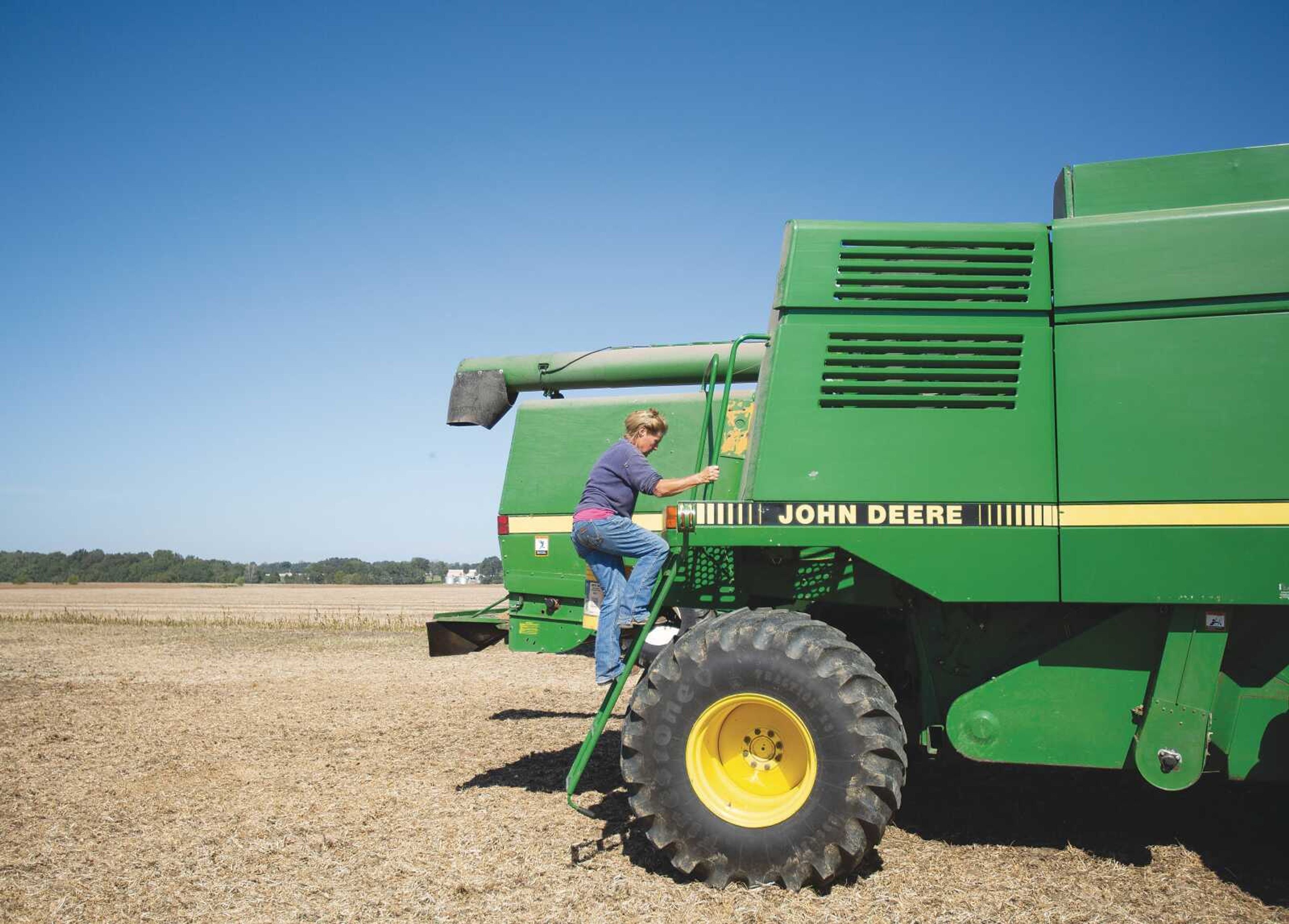
Connect with the Southeast Missourian Newsroom:
For corrections to this story or other insights for the editor, click here. To submit a letter to the editor, click here. To learn about the Southeast Missourian’s AI Policy, click here.

